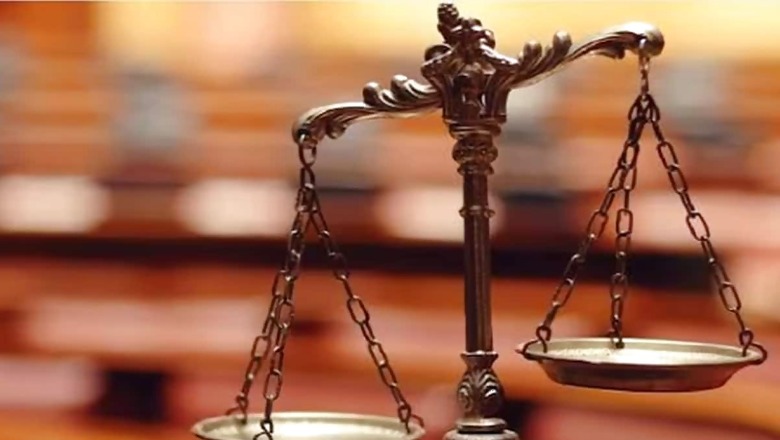
views
The Indore bench of the Madhya Pradesh High Court has ruled that the gravity of offence should not be taken into consideration while considering application for grant of bail to a child in conflict with law. The court made the observation while granting bail to a juvenile, aged about 14 years, accused of sexually assaulting a seven-year-old girl.
Justice Sanjeev S Kalagaonkar, presiding over the case, emphasised the importance of rehabilitation and the best interests of the child and said: “All the decisions referring to the child need to be based on consideration that they are in best interest of the child and to help the child to develop full potential. The main objective of the Act is to treat the juvenile offender with utmost care and caution. The gravity of offence should not be taken into consideration while considering his application for grant of bail.”
The court was hearing a case wherein the juvenile was charged under Sections 376(ab) and 506 of the Indian Penal Code (IPC), dealing with the offence of raping a woman under 12 years of age and criminal intimidation, respectively along with Sections 3 /4, 5(m)/6 of the Protection of Children from Sexual Offences (POCSO) Act, pertaining to penetrative Sexual assault and its punishment and aggravated penetrative sexual assault and its punishment thereof. The Juvenile Justice Board (JJB) and Additional Sessions Judge (ASJ) previously denied bail to the juvenile, leading to the present criminal revision petition before the high court.
The court emphasised that Section 12 of the Juvenile Justice (JJ) Act, 2015, mandates the release of a child alleged to be in conflict with the law on bail, under the supervision of a probation officer or a fit person, except under specific circumstances. These exceptions, the court highlighted, include cases where release may associate the child with criminals, expose them to danger, or defeat the ends of justice.
The court also outlined the key principles of Section 3 regarding the care and protection, including presumption of innocence up to age 18, dignity and worth, the best interest of the child, family responsibility, non-stigmatisation, and the right to privacy throughout judicial proceedings.
The court observed that the social investigation report, submitted by the probation officer, stated that the father of the child in conflict with law is a labourer, earning Rs 15,000 per month, while the mother works as a cook, earning Rs 5,000 per month. Despite the modest income, the court noted that the father “is capable of looking after the welfare and education of his son. The child in conflict with law is studying in Class 9. The neighbours have stated that behavior of the child in conflict with law is gentle. His conduct and performance at observation home was found to be appropriate, therefore, his rehabilitation with family is recommended”.
The court further pointed out that the Juvenile Justice Board and the Appellate Court failed to properly consider the social investigation report, which did not indicate that the release of the child would expose him to any known criminals or put him at moral, physical, or psychological risk. It emphasised that a family’s economic status alone cannot justify depriving the child of the care and protection of his family. “No inference can be drawn with regard to incapacity of the family members merely because they belong to weaker economic strata of the society. The child in conflict with law cannot be deprived of care and protection of family for their economic status,” observed the court.
Conclusively, the court held that none of the criteria for refusing the child’s rehabilitation with his family were met, rendering the impugned order passed by the JJB and ASJ suffering from “illegality and impropriety.”
As a result, the court set aside the order of the Appellate Court and directed that the accused juvenile, who had been in the observation home in Indore since February 25, 2024, be released on bail and placed in his father’s custody.




















Comments
0 comment